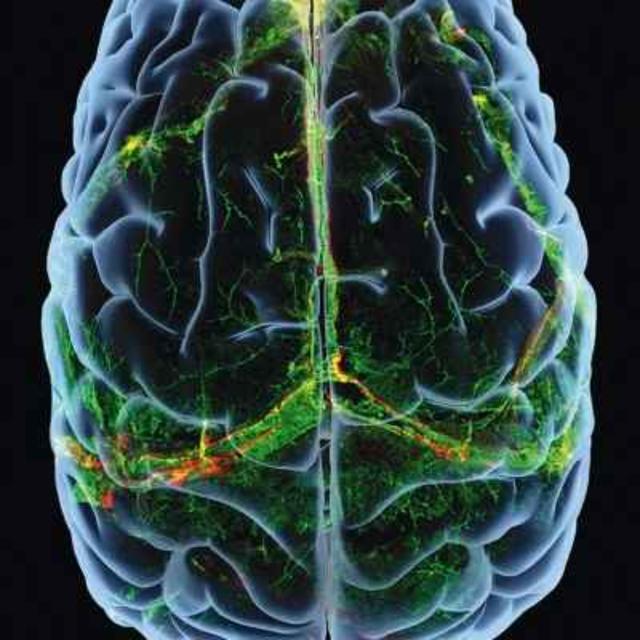
Neurobiology of loneliness: a systematic review
Episode description
Loneliness is a subjective experience, but neuroscientists define it as a distress that arrives from a discrepancy between perceived and desired social relationships. There may be an evolutionary benefit to the feeling of loneliness; we’re a social species, and feeling lonely might have sent us to seek out other humans, which has been very important for survival. Moreover, if gone unaddressed and isolation worsens, health effects of loneliness have been shown to double mortality rates. It's linked to cardiovascular disease, metabolic disease, cognitive decline, higher rates of dementia, and poor mental health outcomes (i.e. depression and anxiety).
With loneliness implicated in so many cognitive impacts, Dr. Lee and her colleagues wanted to understand what is known to date about the impact of loneliness on the brain. They conducted a systematic review of the published research that examines loneliness and resulting neurobiological assessments, such as imaging studies, EEG studies, and pathological studies. Listen in and read to learn more!
Hosted on Acast. See acast.com/privacy for more information.
